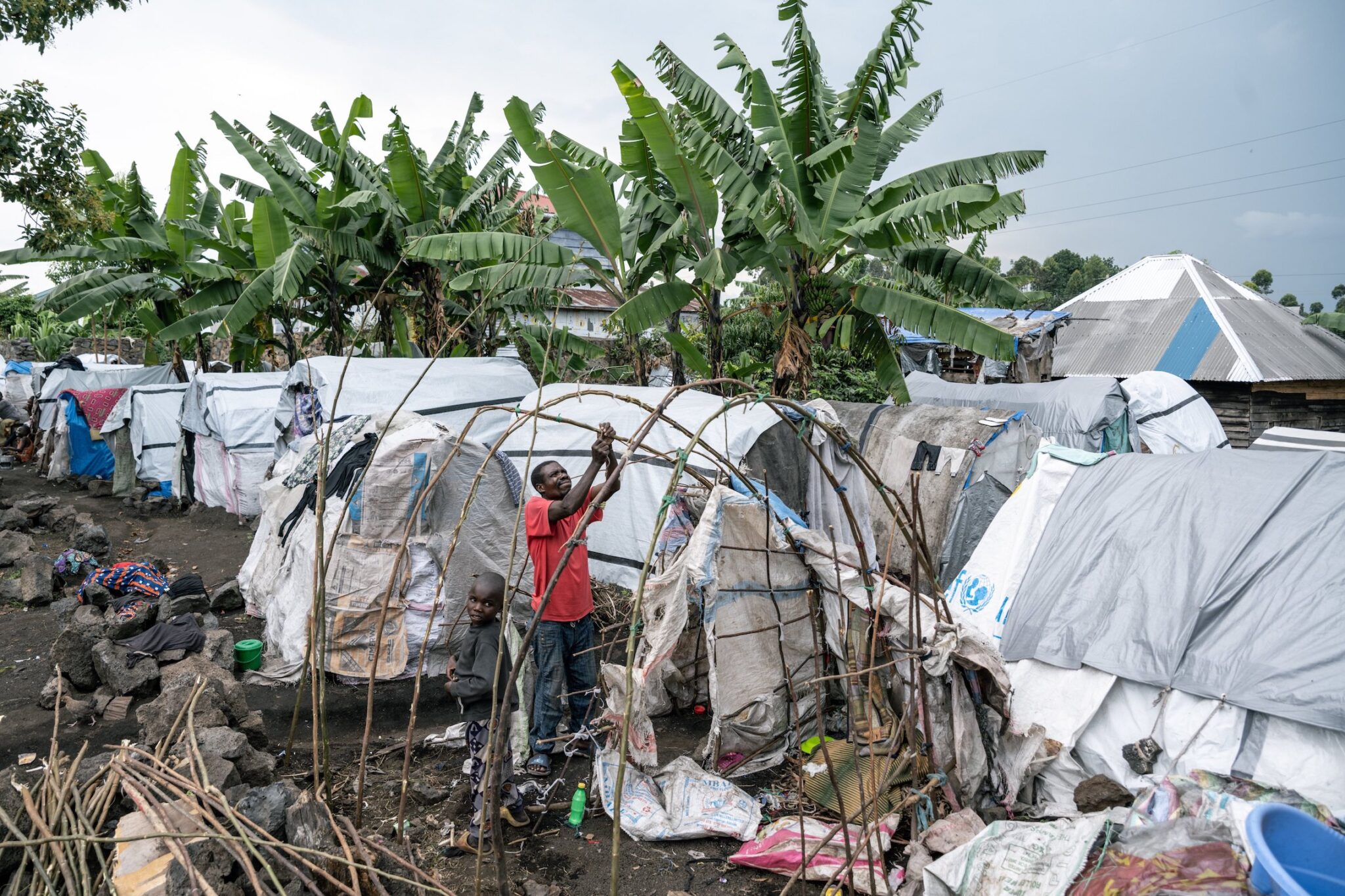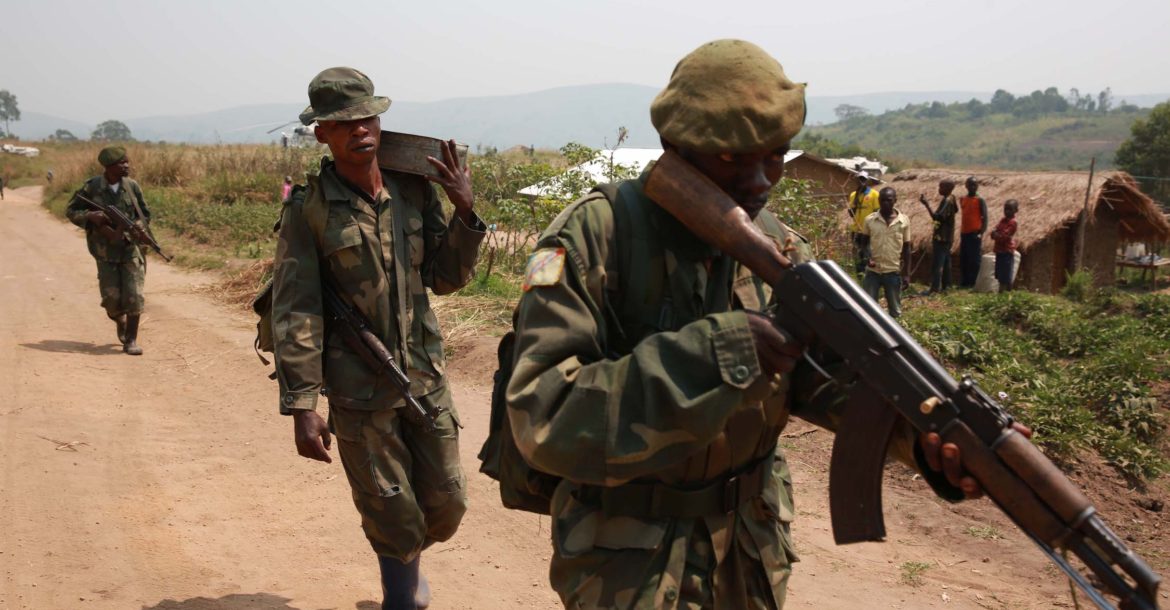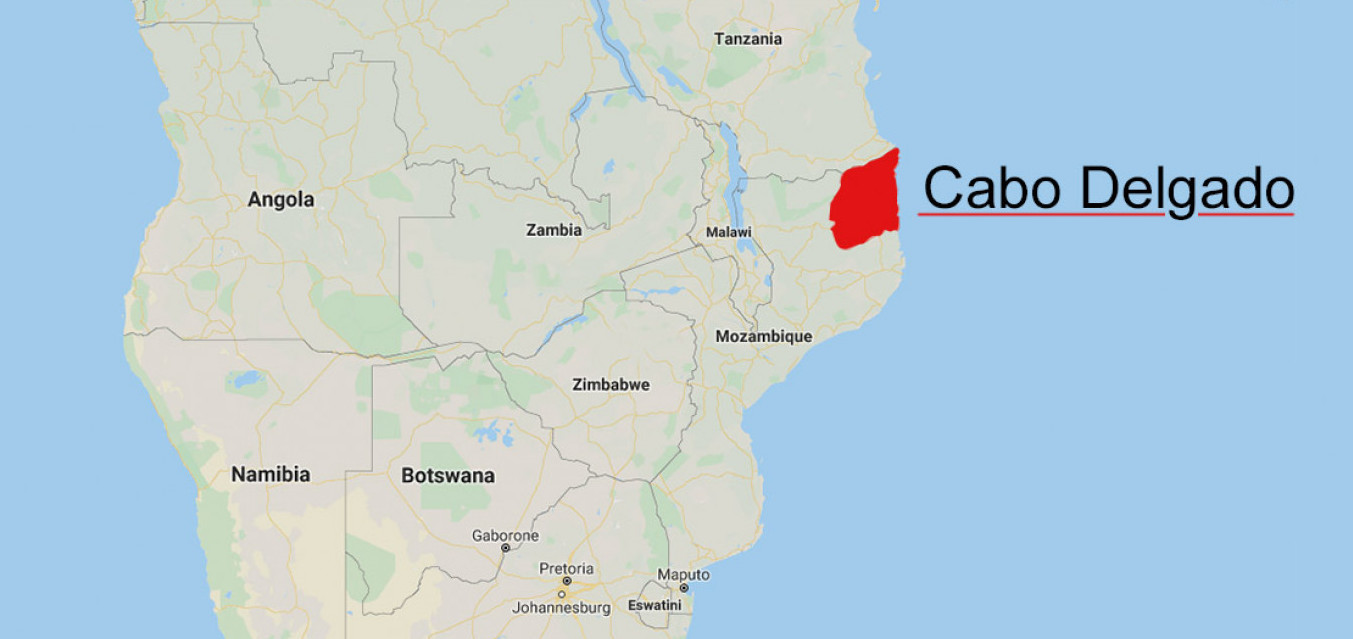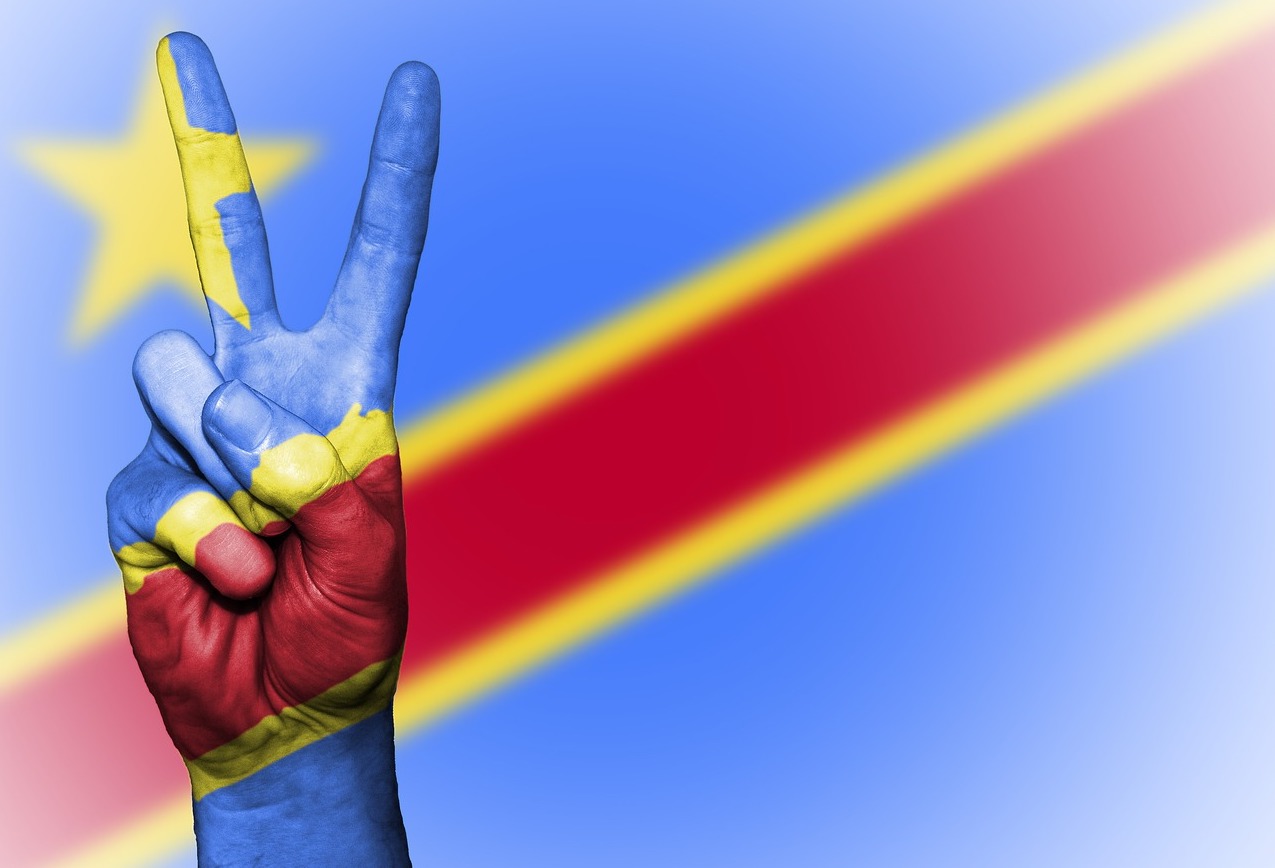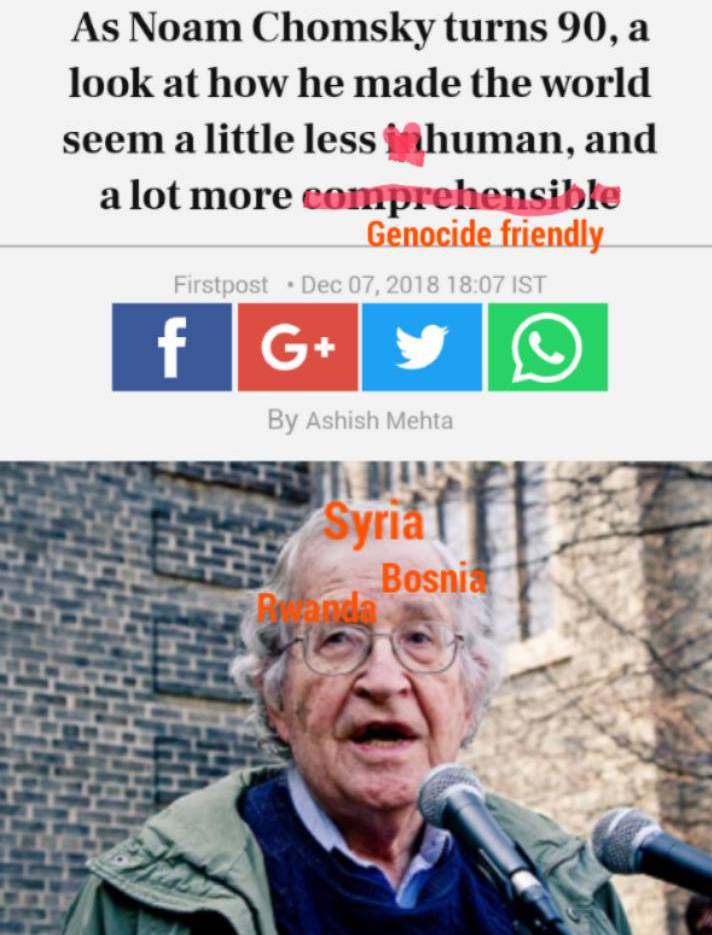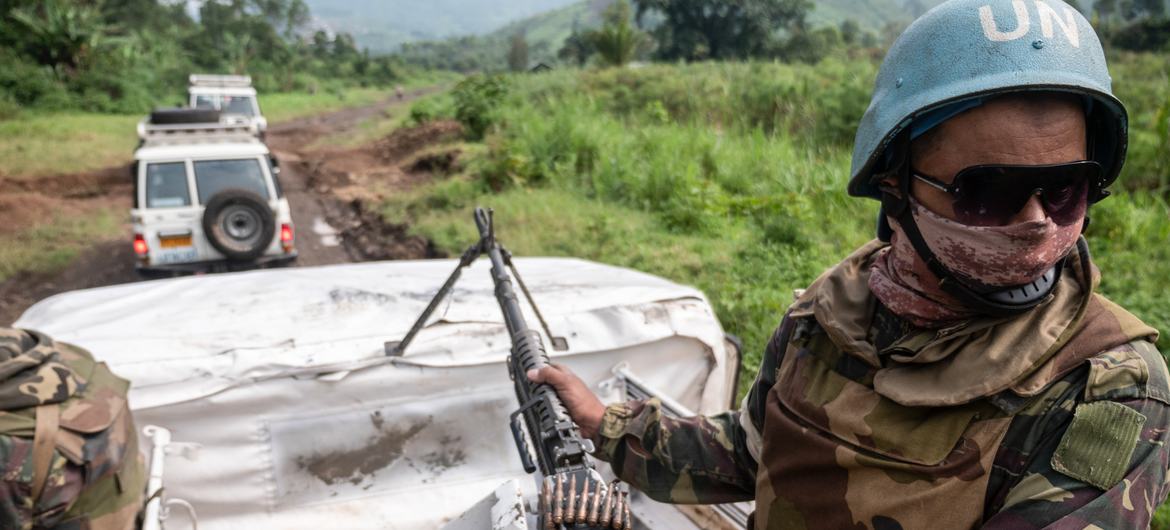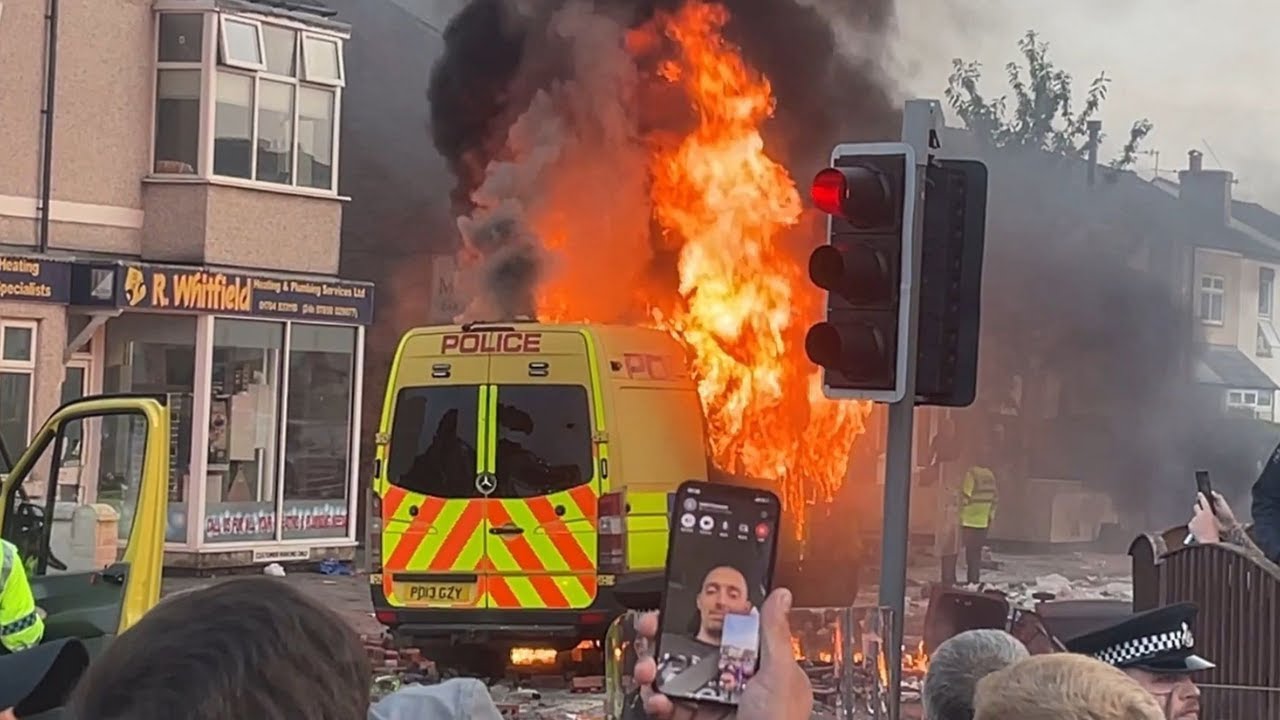
UK: racist riots fueled by online disinformation
A wave of organized racist violence in the United Kingdom entered its second week, in the worst outbreak of civil disorder the country has seen in more than a decade. Mosques, refugee centers, and businesses owned by people of color have been among the targets of far-right extremists, who have rioted in over a dozen towns in England and Northern Ireland. The unrest began after a mass child stabbing in the north England town of Southport, sparking false rumors that a Muslim immigrant carried out the attack. The false claim quickly spread on social media, amplified by high-profile figures, including right-wing politician Nigel Farage. An invented name for the Southport attacker, “Ali al-Shakati,” was mentioned more than 30,000 times on X (Twitter) in the day following the murders. Owner Elon Musk fanned the flames, writing on X that “civil war is inevitable” in the UK. Politicians are now calling for Musk to be questioned by parliament. (Photo: StreetMic via Wikipedia)



